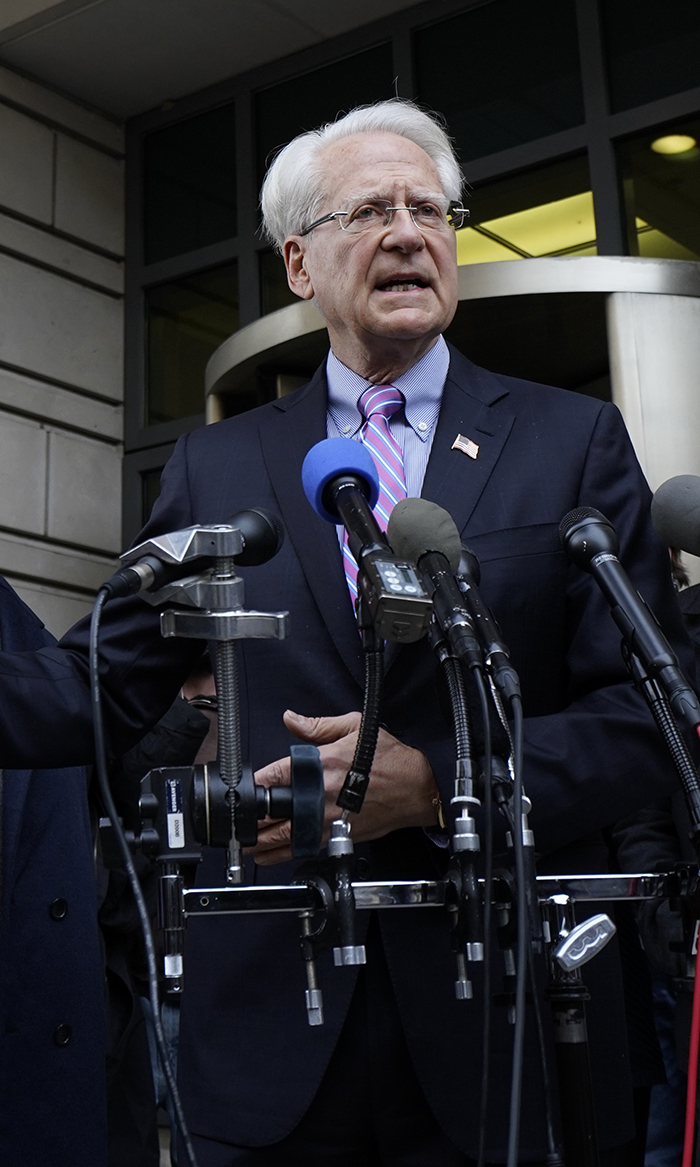

If contingent fees were allowed, there would be an obvious financial incentive to neglect lower-paying cases in favor of those with higher fees.Įven worse, contingent fees could make it profitable for an unethical defense attorney to conspire with an unethical prosecutor to sacrifice lower paying clients in favor of higher-paying clients. For example, the attorney might have one client that paid $10,000 for representation in a felony case while another client paid $3,000 for a misdemeanor. Now consider that an attorney's fee is significantly higher for some cases than for others based on various factors. An attorney has an ethical duty to diligently represent each and every one of her clients but being diligent and prepared in every case is not always easy. In the real world, each lawyer represents multiple clients and has many demands competing for her time and attention. To Obtain a Favorable Result for the Consumer? Wouldn't a Contingent Fee Motivate an Attorney Rule 1.5(d)(2) protects consumers by prohibiting lawyers from making promises that they don't actually have the power to keep, such as whether a criminal case is ultimately dismissed, just to get hired on a case. Unfortunately, unethical attorneys are willing to take advantage of that desperation by making promises that they can't possibly keep. They are desperate for a savior and willing to pay (anything in some cases) for an attorney's promise to make it go away. People facing serious criminal charges often feel a level of anxiety that leaves them vulnerable to being scammed. Why would a drought-stricken farmer pay a shyster good money to do a rain dance? Out of desperation. How Does Rule 1.5(d)(2) Protect Consumers? (2)a contingent fee for representing a defendant in a criminal case. (d)A lawyer shall not enter into an arrangement for, charge, or collect:.
#DEFENSE ATTORNEYS CONSPIRE AGAINST THEIR OWN CLIENT PROFESSIONAL#
Louisiana lawyers are prohibited from making such guarantees in criminal cases by Rule 1.5(d)(2) of the Louisiana Rules of Professional Conduct: A simple example would be a lawyer promising to refund her fee if she doesn't succeed in getting a criminal case dismissed. What's different about criminal law?Ĭontingent Fees Are Forbidden in Criminal CasesĪ contingent fee (aka "contingency fee" or "conditional fee") is a fee that depends on a favorable result in a case. Those statements are all true but they are also all true in other areas of law, e.g., personal injury cases, where lawyers DO offer guarantees. If you asked them for a guarantee, you probably heard that "no attorney can (ethically) guarantee a particular result," that there are "too many variables," that "every case is different" and so on. You may also have noticed that most of them are unwilling to guarantee that they'll get a criminal charge dismissed, even when they strongly believe that's what will happen. If you've shopped around then you've probably spoken to lawyers who made educated guesses about what will happen in your case based on past experience with similar cases in the same jurisdiction. Most expensive goods and services are available with some sort of warranty, so why can't criminal defense attorneys guarantee results? Hiring a good attorney is also very expensive. Why Can't Attorneys Guarantee Results in Criminal Cases?Ĭhoosing the right attorney to defend against a pending criminal charge may be one of the most important decisions you'll ever need to make.


 0 kommentar(er)
0 kommentar(er)
